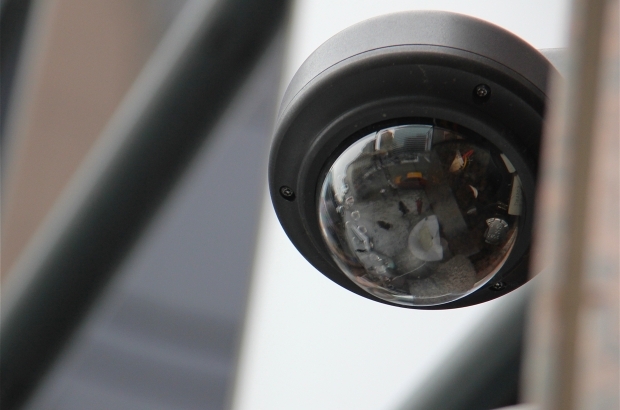- Daily & Weekly newsletters
- Buy & download The Bulletin
- Comment on our articles
New law on facial recognition technology due next year
As debate continues over the potential abuse of facial recognition cameras, a European regulation governing the use of this artificial intelligence (AI) technique is scheduled to come into force in February 2025.
However, Belgium has to legislate before any application of the law can be made and has not yet even had a parliamentary debate.
Meanwhile, there are already many concerns about the issue, for example that using facial recognition cameras will lead to mass surveillance.
Rules are already in place on facial recognition devices. They must be used in “the clear framework of a judicial investigation”, or when the photos taken are solely linked to a police photo database instead of being related to any image on the internet.
In addition, using facial recognition cameras for “real time” identification for law enforcement purposes is theoretically banned.
However, in practice, there are several exceptions, said Frank Schuermans, who chairs the supervisory committee on police information (COC).
These are the targeted search for kidnap victims or disappearance or trafficking of human beings; preventing an imminent threat to physical safety or a terrorist attack; or locating or identifying a suspect in certain serious criminal offences.
“Belgian law could be stricter,” Schuermans told RTBF. “Belgium could decide not to apply facial recognition techniques to certain cases such as disappearances, for example, or decide not to use these methods at all.”
Investigators will also be able to use facial recognition cameras to analyse delayed images, he said. This development spells progress for some people, but problems for others.
“It’s a tool that carries significant risks,” Human Rights League legal adviser Emmanuelle de Buisseret Hardy said.
“Today, the risks are neither measured, nor debated. Pending Belgium’s position, there will have to be a democratic debate. And it’s clear that we will call for a total ban on facial recognition cameras.”
For the police, facial recognition could save a substantial amount of time, but not necessarily reduce the crime rate.















